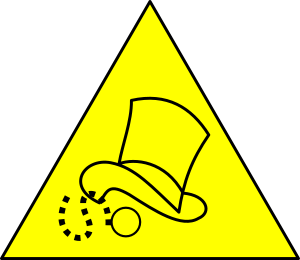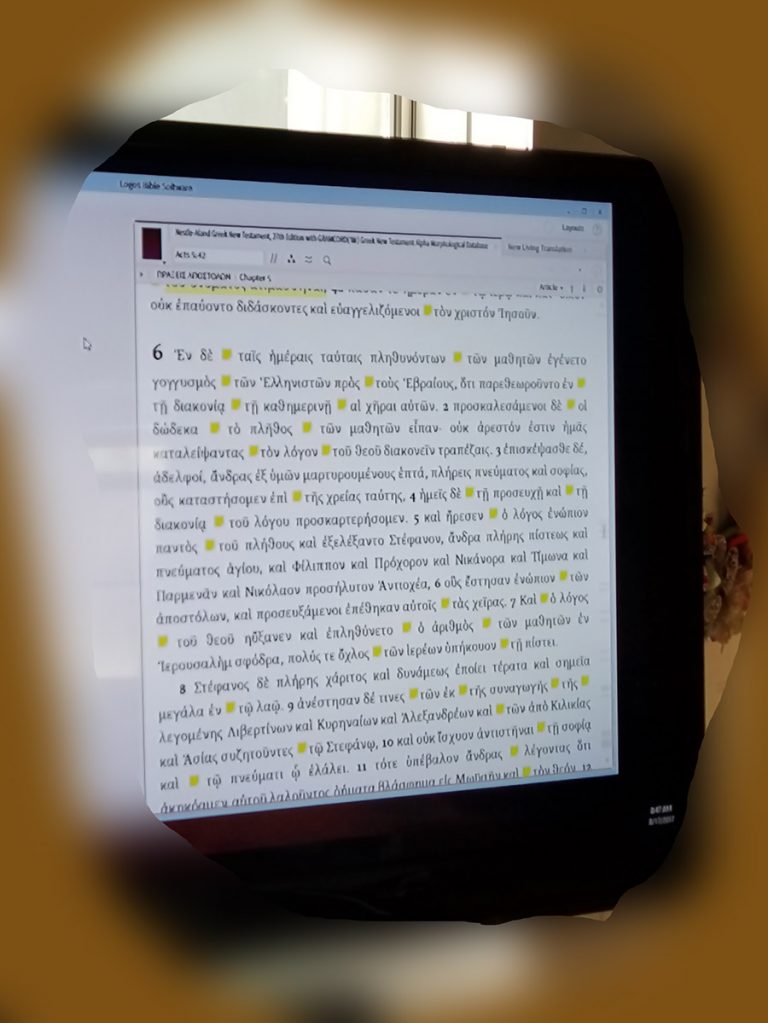Prophecy and All Believers
We had an interesting discussion today in Sunday School. We were discussing the 3rd chapter of my book When People Speak for God, titled Messengers – God and Prophet. The questions at hand were just what is prophecy, who are God’s messengers (with a side-order of how can you tell) and how does getting a message from God work.
I started by repeating an important point, I believe, that prophecy in a biblical sense is not the same as prediction. I do not deny prediction as a part of prophecy, but thinking of prophecy as primarily about prediction will provide a distorted view of prophecy. Denying all prediction will distort one’s view as well.
Further, discernment is always a requirement. A key passage in considering discernment is 1 Kings 22. What lessons one might draw from that story might be quite interesting. But that discernment was needed is quite clear.
Combining the result of that story with Jeremiah 42 & 43 and my own observations of life I think that we have a greater problem with doing what should be done after we know what it is, than ever we do with actually discerning what is right and wrong. The most common question I hear (and ask, for that matter) is “how do I know what God’s will is?” when the real question should be “how can I put into action what I already know is right?”
This led us to the question of naming prophets. Who in the church today might be called a prophet?
In the church I think we should be much less about who is in the office of prophet than was the case in Old Testament times, and much more about all God’s people being prophets, perhaps a fulfillment of Moses’ wish: “Would God that all the Lord’s people were prophets and that the Lord would put his spirit upon them” (Numbers 11:29).
I think that this goes well with the idea of the priesthhood of all believers. It is not about finding people to occupy an office of prophet, but rather to recognize this gift when it is received and exercised.

